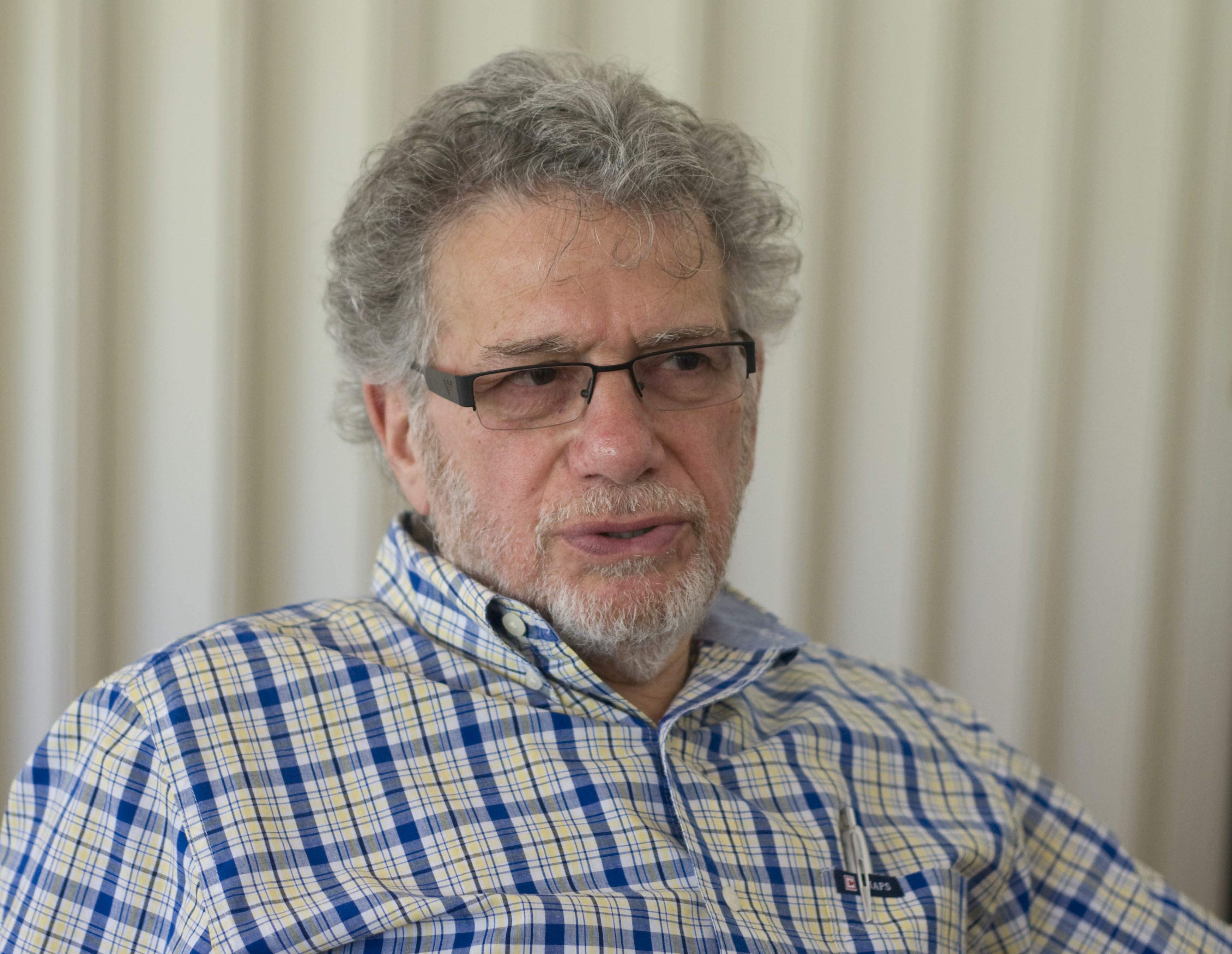In trying to rally his dispirited troops the other day, interim NDP leader Tom Mulcair made the following somewhat surprising statement: The party’s “core values,” so he told his applauding caucus, are “environmentalism, pacifism, feminism, socialism.”
I join the applause, or at least three-quarters of it. I can march behind the banner of socialism, feminism and environmentalism with pride and conviction. But pacifism, not so much. In fact pacifism has never been an NDP value, assuming that words have any meaning.
It’s certainly true that the NDP has always been reluctant to support foreign wars and interventions without both the United Nations’s imprimatur and serious evidence that such military intervention would actually help, not hurt. But that’s not pacifism. It’s peace activism, a belief in non-violent solutions to conflicts (see Gandhi and Martin Luther King).
Pacifism is not merely a strategy or approach to be applied to a particular crisis. It’s much more: a philosophy or theory, and if you embrace it, it applies in all situations. A great deal has been written on this surprisingly complex subject, including by one writer who explains that “a pacifist rejects war and believes there are no moral grounds which can justify resorting to war. War, for the pacifist, is always wrong.”
As well, in practical terms, for genuine pacifists violence is never the right answer to any crisis, because it always makes things worse. So its use must always be opposed even when it seems naive or foolish. Hitler and the Second World War are the shorthand examples of this naïveté. You can believe in non-violent resistance to injustice without being a pacifist. And sometimes, force can only be met with force.
The CCF/NDP has never embraced pacifism as a theory or as part of its ideology. But its first leader, J.S. Woodsworth, was a life-long Christian pacifist. One of the thrilling moments in Canadian history came in September, 1939, when Woodsworth stood up in the House of Commons to oppose Canada joining the war against Hitler. But this was not CCF policy and he stood alone. His party revered him enough to allow him to take this idiosyncratic stand, but no other CCF MP joined him. Prime Minister Mackenzie King also generously expressed his deep respect, calling Woodsworth an “ornament to Parliament.”
So, pacifism no. Peace-loving, yes. Doves, not hawks. Jaw-jaw, not war-war, in Churchill’s phrase. Like most left-wing parties in the Western world, the NDP has usually been skeptical about participating in most conflicts on the good pragmatic grounds that such participation often does more harm than good. Bush’s invasion of Iraq proved the proposition in spades, as did the attack on Libya, and it’s the reason the NDP now opposes military intervention in Syria.
In short, it’s not a pacifist position but a hope — possibly naive, I acknowledge — that soft power (diplomacy, trade, aid, economic sanctions) can achieve better results than war power and without vast human casualties. Look where almost all our wars have gotten us — endless misery and more war.
Anyone who doubts this truth must look for a riveting new documentary from White Pine Films that will be circulating soon. Seen at the Toronto International Film Festival, it’s called All Governments Lie: Truth, Deception, and the Spirit of I.F. Stone. Readers of this space will know that Izzy Stone, an American, is my hero, in my view the greatest investigative journalist of the twentieth century, and his insistence that all governments lie is the greatest single insight we can bring to understanding the world.
In the first 150 seconds of the film we see Richard Nixon, Colin Powell, Lyndon Johnson, George W. Bush and the U.S. director of national intelligence all making blatantly dishonest public statements. Most are about some of the armed conflicts the Americans got involved in, always on fraudulent grounds — Vietnam, Cambodia, Laos, Afghanistan, Iraq, Libya, Lebanon, South Africa, all of South America and all of Central America, and more. In every case the civilian casualties were horrendous and the outcome was usually more conflict.
All Governments Lie explains how the mainstream media, combined with reckless conservatives on social media, lie to justify American policy. One lowlight is a CNN spokesperson publicly acknowledging with some pride that the network actually went to the Pentagon for approval of the generals the network had hired as talking heads during the Iraq war. In fact virtually all American media, led by the august New York Times, and with only a few exceptions, based their analysis of the war in Iraq on Pentagon talking points, mostly lies.
The documentary highlights the exceptions, courageous journalists in the spirit of Izzy Stone refusing to spin the government line — Jeremy Scahill, Amy Goodman, Matt Taibbi, Laura Poitras, Glenn Greenwald, the Young Turks and several others. Not a very large number to take on CNN, the Times and all the other powerful peddlers of government lies.
Like I.F. Stone, these intrepid and honourable citizens share the mission statement of Glenn Greenwald’s online investigative journalism site, The Intercept: “The more power you have, the more you need to be scrutinized.”
This is the premise underlying the NDP’s reluctance to sign on to new military interventions without first deeply scrutinizing them, making sure they won’t create more misery than they create. This is far from philosophical pacifism, but it is a sensible, honourable, prudent way to make decisions about war and peace.
Like this article? rabble is reader-supported journalism. Chip in to keep stories like these coming.



